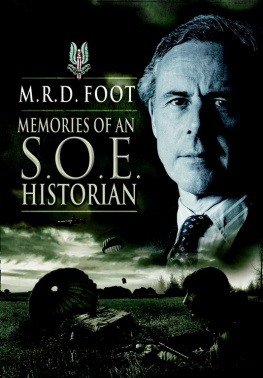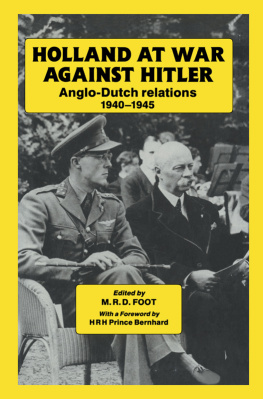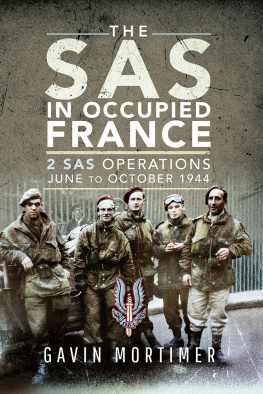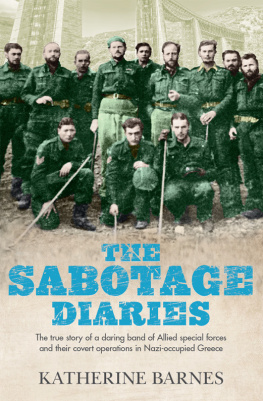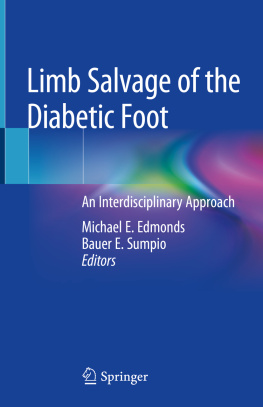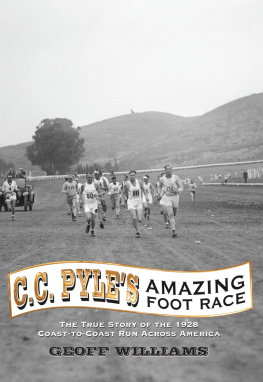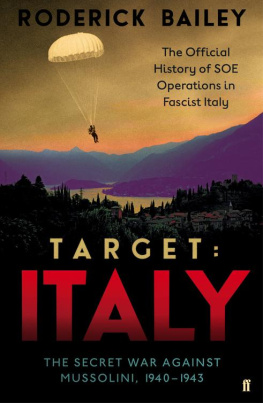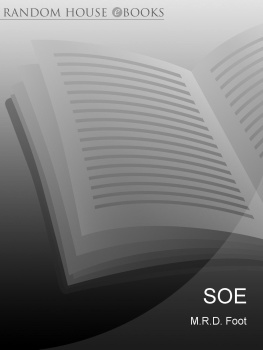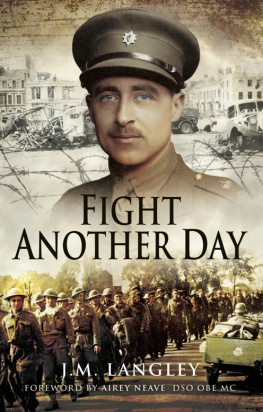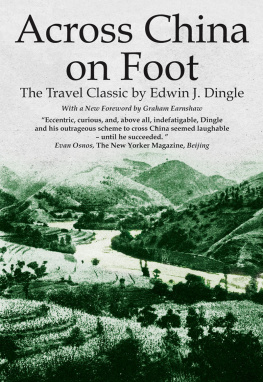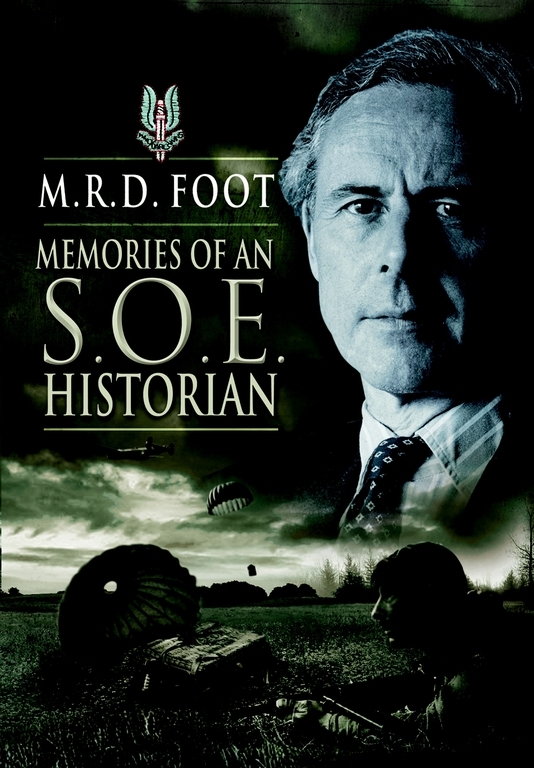CHAPTER 1
Ancestry
G nter Grass was quite right to say, in The Tin Drum , that no one ought to tell the story of his life who hasnt the patience to say a word or two about at least half of his grandparents before plunging into his own existence. So I begin with Frances Sophie Daniell, who later became my grandmother. She got engaged to be married in 1891. She wrote to her mothers brother, the formidable John Arbuthnot Fisher known to the Navy as Jackie who was already a junior Naval Lord, to invite him to the wedding. She was sure that he would like her future husband, who though only twenty-five was already adjutant of his regiment.
Out of his reply there fell a ten-pound note, which caused a sensation at the breakfast table of her father, a clergyman in Southsea. She danced round the table waving it, until her mother told her to sit down and go back to the envelope surely Jack had written a note as well?
Indeed he had. She was to get herself something nice to wear at her wedding with the enclosed, and as she was being such a damned fool as to marry a soldier, she need never expect to hear again from her affectionate Uncle Jack. Nor did she. She wrote when each of her children was born, inviting him to the christening; no reply. My grandfather wrote, when she died of the second baby, inviting him to the funeral; no reply.
Frances came from an East Anglian family of Daniells, gentry and scholars. My aunt liked to trace them back to Angers in the eleventh century. I hope Frances was related to the great lawyer and historian F W Maitland, whose mother was Emma Daniell, but have not yet clinched the connection.
Our branch of the Foot or Foote family the final e is optional, one of my fathers first cousins used it traces back to John Foot, son of Simon Foot, born in Truro in the 1660s, and one of the thousands of Cornishmen worried about Bishop Trelawny who marched on London during the Seven Bishops crisis of 1687. A Canadian cousin has a photograph of a Tudor house in Truro, which bears the family coat of arms. A succession of Foots, forenamed John and Simon in turn, reached back at least to the mid-sixteenth century, Cornish minor gentry.
The London of 1687 soon proved too hot to hold this John Foot, who had to skip to Holland, whence he came back with King William III, near whose elbow he waded through the Boyne in 1690 as an ensign in Moores regiment of infantry. (By a piece of family vanity, he was remembered as having been a cornet in Moores regiment of cavalry, which did not exist.) The king thought well enough of him to give him a small estate at the southern tip of Co Carlow, called Rosbercon, where he settled. His son Jeffery married Jane, niece of Robert Lundy, who had taken the other side in King Williams war and tried to betray Londonderry to King James II. Having had an ancestor on each side in that struggle has perhaps been a help, generations later, when trying to get a clear view of the Irish question.
John Foot was first cousin once removed to Samuel Foote the dramatist, acquaintance of Dr Johnson, a spectacular though not always respectable figure on the London stage and buried in Westminster Abbey before that became a real distinction. Johns descendant Lundy Foot sold snuff in Dublin Mr Grattan was a devoted customer and figures in the Oxford English Dictionary, under lundifoot, the name of his best snuff, as well as in Ulysses , when the Viceroys procession goes past his shop (on which I once set eye) near Essex Bridge. He lived at Holly Park, Dublin, now a convent, in a style fit for an alderman.
When he was not quite three, he was seen at a ball in Trim dancing a few steps with his grandmothers grandmother, who was then a hundred and twelve, and lived five years more an Irish story, not necessarily false. For one of his sons, Randal, he bought a commission in a cavalry regiment. As Randals father was in retail trade, his brother officers cut him; he always seemed to be orderly officer, or to have other tiresome tasks loaded on him. He noticed that on guest nights in the mess anybody might, over the port, send his own snuffbox round the table. One night, he sent round the table a double-sided snuffbox, in one half of it his fathers best snuff, in the other a pair of balls for duelling pistols. Everyone took snuff with him, thus establishing that he was a gentleman after all. He went out eventually to Australia. I like to think of him as ancestor of the two Australian Foott brothers who won Victoria Crosses in my own lifetime perhaps more family vanity.
This Lundys grandson, also Lundy Foot, son and father of clergymen, was rector of Long Bredy in Dorset for over thirty years, an archdeacon and a canon of Salisbury. One of his younger sons, by his second wife Harriett Cunningham, was my great-grandfather. Harriett was a daughter of J W Cunningham, once fifth wrangler at Cambridge, later a figure in the Clapham sect, and for fifty years vicar of Harrow. He makes a brief appearance in the Dictionary of National Biography , inserted by his dutiful nephew-in-law, the editor. Peel, Palmerston, and Aberdeen, all Harrow men later Prime Ministers, must have known him, but none of them put him up for a bishopric. One of Harrietts sisters married Sir James Fitzjames Stephen the judge, son of Mr Over-Secretary Stephen of the colonial office and brother of Sir Leslie Stephen the founder-editor of DNB, so Harriett was an aunt-in-law of Virginia Woolf as well as a connexion of Thackeray, though I do not think my branch of the family took in the fact. I certainly did not, till I was past eighty. Nor did I realise till I read Hermione Lees life of Virginia Woolf that one of Fitzjames Stephens daughters, Barbara, married a nephew of Florence Nightingale, another connexion of which to be proud.
My future grandfather was the third of the six sons of the Reverend Cunningham Noel Foot, who was a younger son of Lundy Foot of Long Bredy and became rector of Dogmersfield in northern Hampshire. Now Dogmersfield was a plum, like Hawarden: one of the few parishes in the Church of England that had a sizeable stipend attached to it, something like 3,000 a year, an unusually large sum for the 1860s, several times the average. This plum may have fallen to him by a stroke of luck, for he was up at Trinity, Cambridge, where he took a bachelors degree in divinity, with young Mildmay, the local squire who inherited the living and was my grandfathers godfather.
Edwin, the eldest of the six sons, ran away on his twenty-first birthday. He returned thirty years later, bronzed, with a grown-up daughter; he had retired on his pension. Who had pensioned him? The Lion of Judah and Emperor of Abyssinia, whose chief forester he had been for many years. He wrote a grammar of the Galla language, reprinted by Oxford University Press in the 1970s. He settled at Wimborne Minster in Dorset, remarried (his first wife, whom none of the rest of the family met, was dead), and died early in 1940. His cottage was destroyed by a chance incendiary bomb jettisoned by a fleeing German bomber later that year. I turned out to be among his legatees when his widow died at the end of the war. My share in the estate came to a thousand pounds, which I put into a house purchase, a few pieces of furniture, and 150 in cash (which I blued on a life subscription to the London Library where it now will not cover half a single years membership, so it was a lucky investment).
The second brother, Cunningham, went into the Navy. He was a term-mate in Britannia with Prince George, the future King George V, long before it was clear that the prince (Waless second son) was going to become king. I knew Cunningham when I was at Winchester; he lived within bicycling distance at Wickham. By then his wife was dead. They had had no children, and he rather enjoyed having me to talk to. He did a lot to clarify the way I expressed myself on paper. He claimed to have been one of the midshipmen present at a navigation class in the North Sea, at which the instructor said to another trying unsuccessfully to establish the ships position Young man, take off your hat. You are standing in York Minster. This may only be one of the stories sailors enjoy telling each other.

